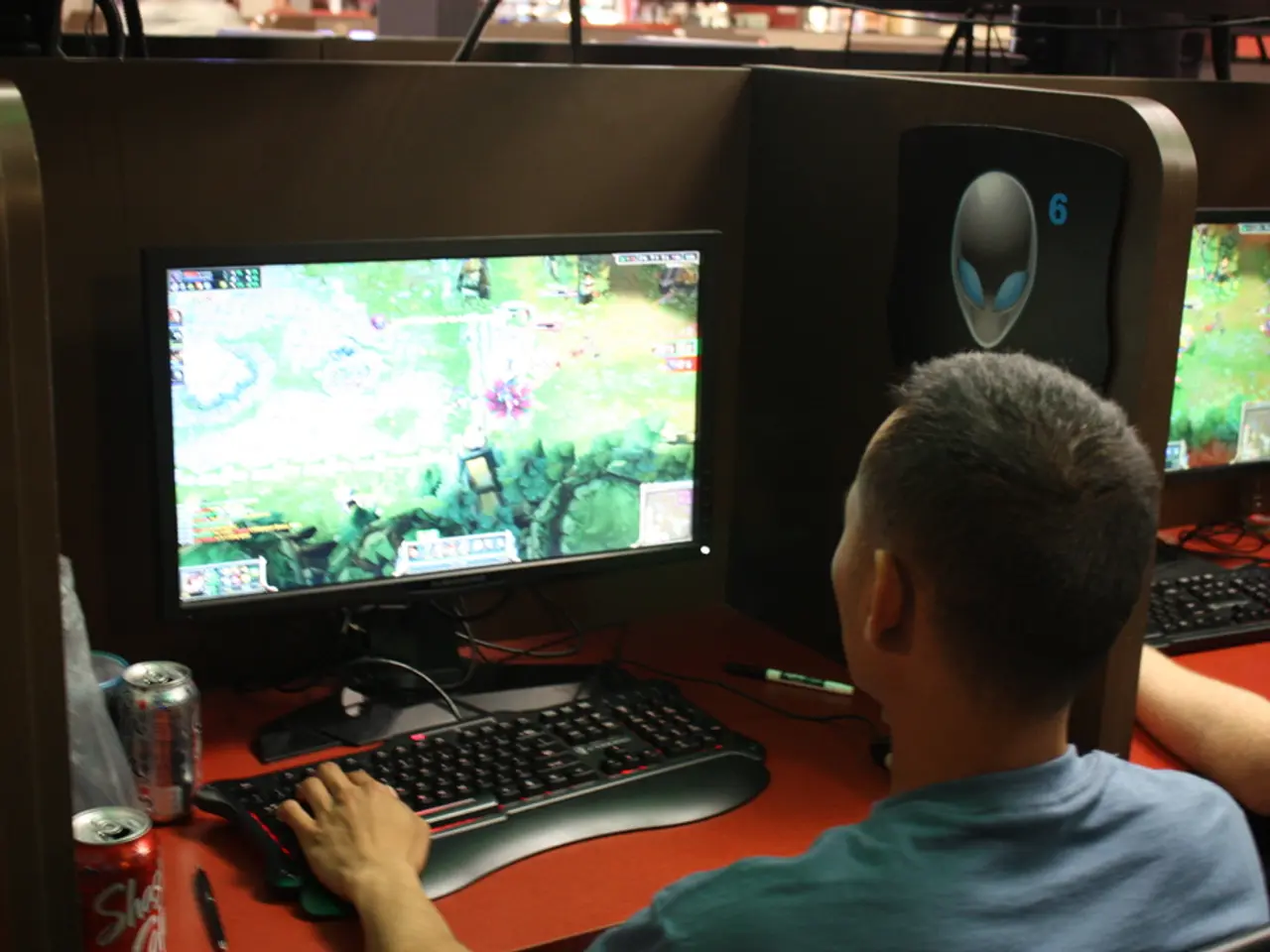Investigating the Societal Influence of Video Games and Casinos
In the digital age, the world of gaming and gambling has expanded, offering opportunities for social interaction, entertainment, and even economic growth. However, it's crucial to acknowledge the potential risks associated with these activities, particularly for vulnerable groups.
Governments and regulatory bodies play a significant role in enforcing stricter policies related to advertising, age restrictions, and spending limits. These measures are designed to protect individuals from the detrimental effects of gaming and gambling, which can include addiction and mental health issues.
Certain groups, such as those with pre-existing mental health conditions, low-income earners, and younger individuals, are particularly susceptible to these negative effects. Problem gambling can lead to severe financial repercussions, including mounting debts, bankruptcy, or loss of assets like homes and vehicles. Excessive gambling can also result in mental health issues such as depression, anxiety, and even suicidal thoughts.
Online gambling may exacerbate the risk of addiction due to its accessibility and the anonymity it provides, making it harder for individuals to control their habits. This is a concern that online casinos and gaming platforms must address by initiating responsible gaming programs. These programs encourage patrons to set time and money limits, provide resources for addiction treatment, and implement self-exclusion options for those who need them.
In Germany, the Gemeinsame Glücksspielbehörde der Länder (GGL) is responsible for regulating and supervising online casinos, issuing licenses, and enforcing strict gambling rules. The Landesstelle Glücksspielsucht Bayern (LSG Bayern) focuses on prevention, addiction help, research, and advising, promoting measures such as self- and third-party exclusion to protect vulnerable groups.
The financial implications of gaming and gambling addiction may include accumulating debt, strained relationships with family and friends, and potential loss of employment. Financial strain from excessive gambling can cause stress and tension within families, potentially leading to relationship breakdowns and other personal problems.
Despite these challenges, it's essential to remember that gaming and gambling can also have positive impacts. They can improve brain function and cognitive abilities, particularly strategy games, by enhancing brain activity, cognitive abilities, and aiding in the development of new nerve connections. Gaming can also help alleviate stress and promote relaxation, providing a healthy outlet for people to unwind after a long day.
Moreover, the gaming and gambling industries contribute significantly to local and national economies by creating jobs, attracting tourists, and generating revenue for businesses in the area. Education and awareness about the potential risks of gaming and gambling can help individuals make informed choices and recognize when they need assistance.
By implementing appropriate measures to mitigate potential harm, we can continue to enjoy the benefits of gaming and gambling while minimizing their adverse consequences on our lives and communities. Navigating the impact of gaming and gambling on society requires striking a delicate balance between enjoying the positive aspects while minimizing the negative consequences.
Read also:
- Fitbit Versa 4 Experiences Continuous Price Drops on Amazon
- Asthma Diagnosis: Exploring FeNO Tests and Related Treatments
- Impact, Prevention, and Aid for Psoriatic Arthritis During Flu Season
- Agricultural entrepreneur in Kanpur spearheads chemical-free food movement, boosting farmer empowerment and advocating for nutritious consumption








